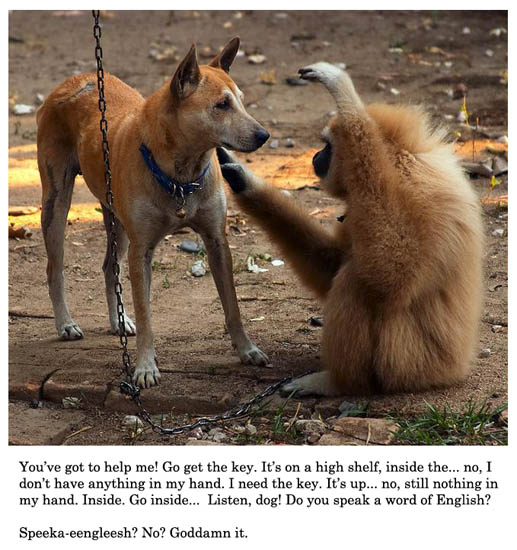On
Tuesday, Jan. 27 at noon poet Khaled Mattawa will read from his new book
Amorisco at the University of Michigan (Room 2022, 202 South Thayer Washington Street).
On
Wednesday, Feb. 4 at 7 p.m., Best Friends Forever, a duo made up of poet Alana DeRiggi and artist Holly Mae Haddock, will bring their collaborative art/video/music stylings to Crazy Wisdom in Ann Arbor. Also reading will be
Eva Colás.
On
Tuesday, Feb 17 at 7 p.m., poet Josie Kearns will read from her new book
Alphabet of the Ocean & The Theory of Everything at
Shaman Drum Bookshop.
On
Wesnesday, Feb. 18 at 7 p.m., poet
Kristie Kachler and fictioner Greg Schutz will read at Crazy Widsom in Ann Arbor.
On
Thursday, Feb. 19 at 5 p.m. poet Hamutal Bar Yosef will read at the University of Michigan (2022 Thayer Building, 202 S. Thayer St.).
On
Sunday, February 22 from 2-4 p.m., poets
Eddie Bell, Maria Costantini,
Jeff Vande Zande, Robert Downes, and performance poet Diamond Dancer will be at the
Scarab Club in Detroit (217 E. Farnsworth at John R.).
On
Monday, March 02 at noon, poet
Rachel Tzvia Back will read at the University of Michigan (2022 Thayer Building, 202 S. Thayer St.).
On
Monday, March 09 at 5 p.m., poet
Reginald Gibbons will read at the University of Michigan (Rackham Amphitheater, 915 E. Washington St.). He'll also give a lecture on Thursday, March 12, same time, same place.
On
Thursday, March 19 at 5 p.m., poet David Mason will read at the University of Michigan (Residential College Auditorium, 701 E. University).
On
Friday, March 20 at 7 p.m., poet
Keith Taylor will read from his new book
If The World Becomes So Bright at
Shaman Drum BookshopOn
Tuesday, March 24 at 7 p.m., poet
Lytton Smith will read from his new book
All-Purpose Magical Tent at
Shaman Drum Bookshop.
On
Thursday, March 26, at 7 p.m., poet
Jan Beatty will read from her new book
Red Sugar at
Shaman Drum Bookshop.
On
Sunday, March 29 from 2-4 p.m. poets Allison Adelle Hedge Coke,
Jan Beatty , Terry Blackhawk,
Jill Darling, and Judy Adams will be at the
Scarab Club in Detroit (217 E. Farnsworth at John R.).
On
Wednesday, April 1 at 7 p.m., poet D'Anne Witkowski (that's ME!) will read at Crazy Widsom in Ann Arbor. Special fiction guest TBA.
On
Thursday, April 16 at 5 p.m., poet
Mary Jo Bang will read at the University of Michigan (Rackham Amphitheater, 915 E. Washington St.).
On
Sunday April 19 from 2-4 p.m. poets Elizabeth Volpe, Rebecca Rank, Sophia Rifkin, and D'Anne Witkowski (that's ME!) will be at the
Scarab Club in Detroit (217 E. Farnsworth at John R.).
If you know of any readings I'm missing let me know and I'd be happy to add them (well, if it's just you
reading shirtless on YouTube, I probably won't. Sorry).












